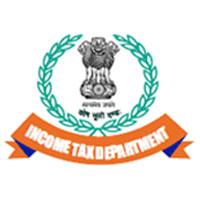The Central Board of Direct Taxes proposed alteration of norms for computation of Arm's Length Price (ALP) for international and domestic transactions. The proposed norms by the tax department include changes in methodology for computation of ALP to the range concept and use of multiple year data, it said in a release.
ALP is a practice used by MNCs whereby the amount charged for goods and services by a related party to another will be the same as if they weren't related. The issue has been a major concern on tax liability and profitability.
Finance Minister Arun Jaitley in his budget statement last year had talked about aligning transfer pricing regulations in India with best available practices. The finance minister had proposed the use of range concept and use of multiple years data compared with the prevalent practice of using arithmetic mean and one year’s data for comparable analysis.
The new methodology proposed by the CBDT stipulates that for computation of range, a minimum of nine entities would be used as comparable entities with selected party and that the weighted average of three year data shall be used for construction of data set. The data points between the 40th and 60th percentile should be considered for the range. If the points fall outside the range then the median of the range would be taken as ALP and adjustment to transfer price shall be made.
"The range concept shall be used only in case the method used for determination of ALP is Transactional Net Margin Method (TNMM), Resale Price Method (RPM) or Cost Plus Method (CPM)", the CBDT said.
While for entities for which comparable data are not available, arithmetic mean method will still be in effect. The CBDT has invited suggestion for the norms till May 31.
The transfer pricing norms come at a time when the government has been aggressively working towards streamlining tax issues which have been a source of contention between the MNCs and the tax department in the past. The efforts by the government to reduce corporate taxes and to implement Goods and Services Tax (GST) have met serious opposition in the Parliament. The government has also been embroiled with MNCs over the issue of retrospective taxation.





